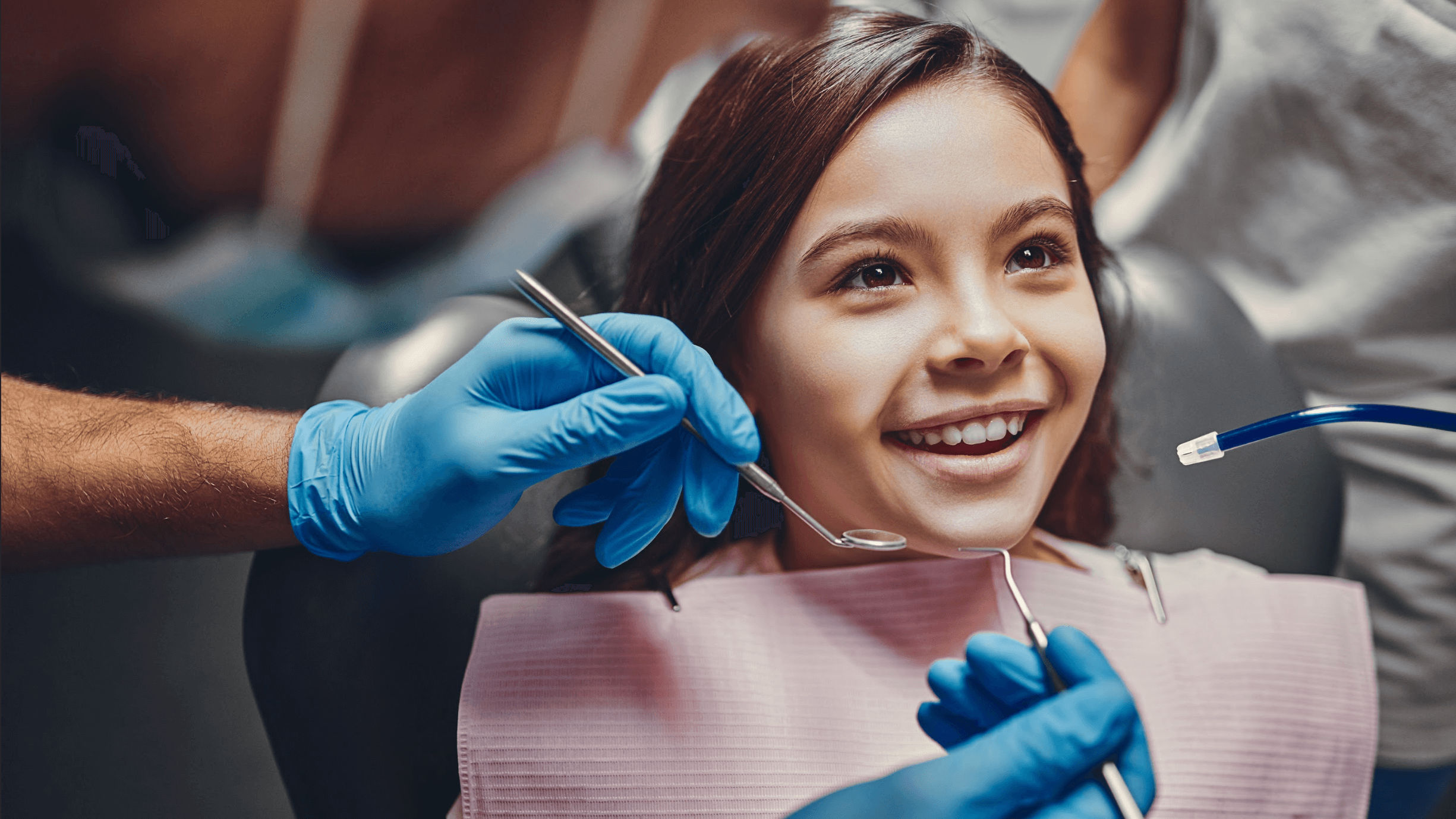How Family Dentistry Can Help Prevent Cavities in Children
&srotate=0)
When it comes to protecting your child's smile, family dentistry plays a key role in promoting long-term oral health. At Lancaster Pediatric Dental Associates, our pediatric team focuses on early prevention strategies that reduce the risk of cavities in children. Regular dental visits allow us to catch potential issues before they worsen, using gentle, age-appropriate techniques to keep little ones comfortable and confident.
Our family dentists educate both children and parents in Lancaster, PA on brushing and flossing habits that build a strong foundation for oral hygiene at home. They also provide tailored treatment plans based on each child's unique dental development. Through routine care, family dentistry helps foster a lifetime of healthy smiles.
What are pediatric dental sealants, and how do they protect my child's teeth?
One of the most effective tools in cavity prevention is the use of pediatric dental sealants. These thin, protective coatings are applied to the chewing surfaces of the back teeth, areas that are notoriously difficult for kids to clean thoroughly. By sealing the deep grooves in molars, sealants act as a barrier against food particles and harmful bacteria that can lead to decay.
They are safe, considered painless, and can last for several years with proper dental care. Applying sealants at a young age can significantly reduce the likelihood of future fillings or more invasive treatments. This simple preventive measure is especially helpful for children who are still developing consistent brushing habits.
How does the DIAGNOdent™ cavity detector enhance early cavity detection?
Catching cavities early makes a big difference in treatment outcomes, and that's where the DIAGNOdent cavity detector comes in. This high-tech device uses laser fluorescence to detect hidden decay that traditional methods might miss. It allows us to diagnose cavities in their early stages, often before they're visible on x-rays or cause any symptoms. Early detection leads to less invasive treatments and better preservation of your child's natural tooth structure. It also gives parents peace of mind, knowing that problems can be identified and addressed promptly. This cutting-edge technology is just one way our team delivers precise, proactive care to our young patients.
Why are regular pediatric dental exams and cleanings important?
Children should receive a pediatric dental exam and dental cleaning every six months to maintain healthy teeth and gums. These visits are more than just checkups; they are an essential opportunity to prevent cavities before they start. During a cleaning, our hygienists gently remove plaque, tartar, and food debris that brushing alone can't reach. The exam portion helps us monitor the development of teeth and jaw alignment, and identify early signs of concern.
We often recommend a fluoride treatment during these visits, which helps strengthen tooth enamel and protect against decay. Combined with personalized oral hygiene advice, these routine appointments are essential for keeping a child's smile strong and healthy.
Schedule your child's next visit to Lancaster Pediatric Dental Associates
If you're looking for a trusted partner to protect your child's smile, Lancaster Pediatric Dental Associates is here to help. Our team offers a full range of pediatric dentistry services, from dental sealants to advanced technology like the DIAGNOdent cavity detector, all designed to make dental care simple and virtually stress-free. With regular pediatric dental exams, gentle dental cleanings, and helpful fluoride applications, we're committed to supporting your child's healthiest smile. Book an appointment at our practice in Lancaster, PA today and discover why so many families trust us with their children's dental care.